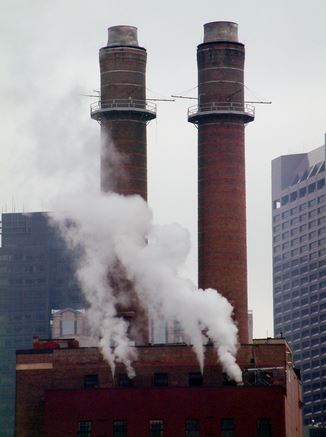
In what has become widely known as the “reverse CEQA” case, the California Supreme Court concluded that the California Environmental Quality Act (CEQA) does not require an analysis of the impact of existing environmental conditions on a project’s future users for all proposed projects in the state. Rather, the impact of existing environmental circumstances must be assessed only for certain types of projects, including schools, airports and housing developments.
Under California law, CEQA requires state and local agencies to evaluate the environmental impact of their proposed projects and, if possible, take steps to mitigate harmful effects of their actions. Most development proposals are subject to CEQA regulation. Some agencies have maintained that CEQA also applies to a reverse analysis to assess how the project and new users are affected by the current environment. The Court of Appeals had dismissed this formulation of CEQA in prior decisions until California Building Industry Association v. the Bay Area Air Quality Management District, where it allowed a reverse CEQA analysis.
Relying on the plain language of the CEQA statute, the Supreme Court rejected an expansion of the parameters of CEQA. According to the Court, requiring an analysis of how environmental conditions that already exist will impact future residents is beyond the conditions that the statute intended to cover. From a practical standpoint as well, if CEQA were to apply this type of analysis in every instance where an environmental impact report was mandated, it would have to consider “nearly any effect a project has on a resident or user.” The Supreme Court reversed the Court of Appeals decision on this matter and reiterated that the focus of CEQA remains on evaluating the impact of the agency’s project on the environment. Nevertheless, the Court warned agencies to consider whether initiating a project on a site that is already subject to environmental hazards will aggravate pre-existing conditions.
Contact Shane Coons at 949-333-0900 or visit his website at www.ShaneCoonsLaw.com to find out more about his practice.
